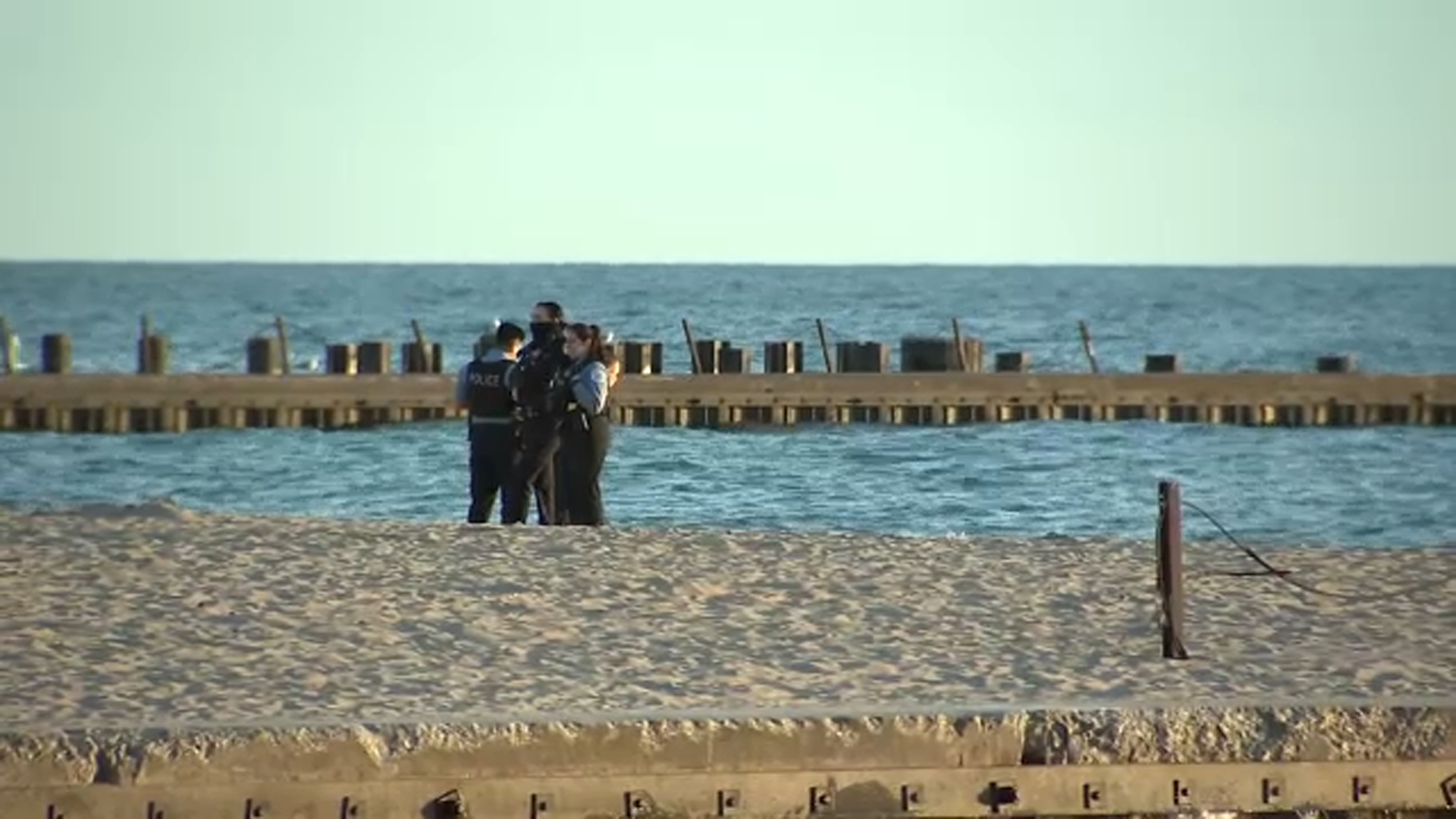Pfizer starts clinical trials for vaccine designed to specifically target COVID-19 omicron variant
Pfizer and BioNTech have begun a clinical trial for their Omicron-specific COVID-19 vaccine candidate, they announced in a news release on Tuesday.
The study will evaluate the vaccine for safety, tolerability and the level of immune response, as both a primary series and a booster dose, in up to 1,420 healthy adults ages 18 to 55.
SEE ALSO: Booster shots needed against omicron, CDC studies show
The study is broken up into three groups:
- Participants in the first cohort have received two doses of the current Pfizer Covid-19 vaccine at least 90 to 180 days before the study. They will receive one or two doses of the Omicron-specific vaccine.
- Participants in the second cohort have received three doses of the current Pfizer Covid-19 vaccine at least 90 to 180 days prior to the study. They will receive one dose of the current Pfizer Covid-19 vaccine or the Omicron-specific vaccine.
- Participants in the third cohort have not received any Covid-19 vaccine. They will receive three doses of the Omicron-specific vaccine.
The Omicron-specific vaccine will be administered as a 30-microgram dose, the same as the current vaccine.
"While current research and real-world data show that boosters continue to provide a high level of protection against severe disease and hospitalization with Omicron, we recognize the need to be prepared in the event this protection wanes over time and to potentially help address Omicron and new variants in the future," Pfizer Senior Vice President and Head of Vaccine Research and Development Kathrin Jansen said in the release.
Pfizer CEO Albert Bourla said last month that if a new vaccine is needed for the Omicron coronavirus variant, the company will have one in March. However, a Pfizer spokesperson confirmed that the company has already begun to manufacture this vaccine.
SEE ALSO: Does having a high COVID-19 antibody level mean you don't need a booster?

"In the wake of Omicron, we are proactively investigating and manufacturing at risk an Omicron-based vaccine should it be needed, but we of course need to have results and discussions with health authorities as well as approvals before it would be deployed," the spokesperson told CNN.
Expected vaccine production will not be affected if the companies need to pivot to the new vaccine, they said.
"The companies have previously announced that they expect to produce four billion doses of the Pfizer-BioNTech COVID-19 Vaccine in 2022, and this capacity is not expected to change if an adapted vaccine is required."
However, the companies also emphasized that people who have received booster doses of the current vaccine "maintain a high level of protection against Omicron, particularly against severe disease and hospitalizations."
A new preprint lab study suggests that antibodies against the Omicron coronavirus variant remain robust four months after a third dose of the Pfizer/BioNTech vaccine.
"Additional real world effectiveness data and laboratory investigations will further inform the duration of protection, potential need for an additional dose at a later time, and whether an Omicron modified vaccine is required," said the study from researchers at the University of Texas Medical Branch, Pfizer and BioNTech.
The-CNN-Wire & 2022 Cable News Network, Inc., a WarnerMedia Company. All rights reserved.




